apartheid, arab spring, civil rights, protest, revolution, solidarity, suffragettes
1133 Views
The Power of Protest
Is Protest a Catalyst for Change?
Protest, as a public expression of objection, disapproval, or dissent towards an idea or action, especially of a political nature, has been a fundamental tool in the arsenal of democratic societies for centuries. It serves as a mechanism for individuals and communities to voice their grievances, demand justice, and advocate for change. Throughout history, protests have played a pivotal role in shaping the course of nations, advancing civil rights, and challenging oppressive regimes. Here we explore the multifaceted nature of protest, its historical significance, its impact on society, and its relevance in the modern world.
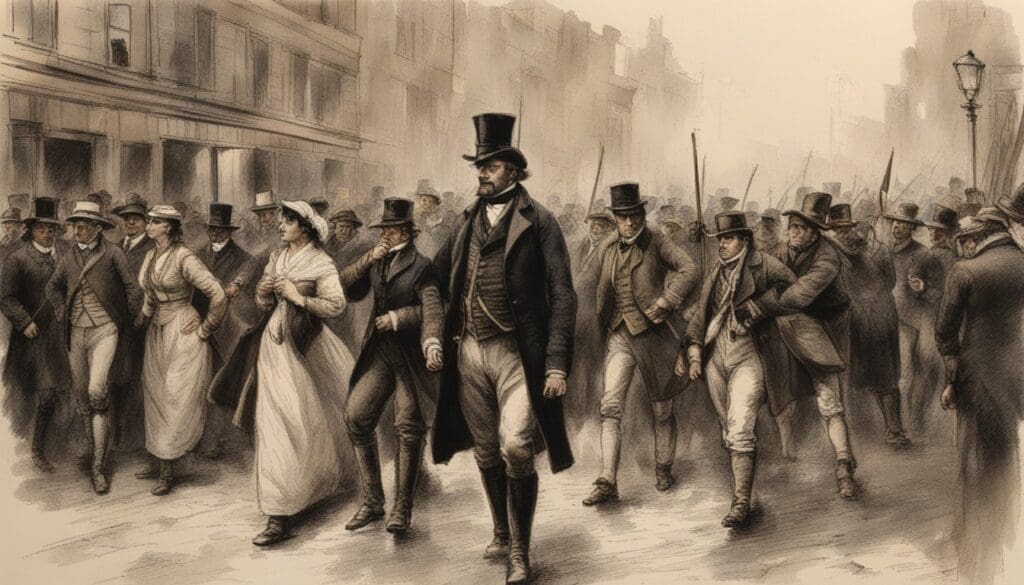
Table of Contents
Historical Roots of Protest
The roots of protest can be traced back to ancient civilizations, where dissenting voices sought to challenge the status quo. In ancient Athens, citizens gathered in the Agora to voice their opinions and concerns, laying the groundwork for modern democratic discourse. Similarly, the Enlightenment era in the 17th and 18th centuries saw the emergence of philosophical ideas advocating for individual rights and liberty, which laid the intellectual foundation for modern protest movements.
One of the most iconic early protests was the Boston Tea Party in 1773, when American colonists dumped British tea into Boston Harbour to protest the unjust taxation by the British Empire. This act of civil disobedience fueled the flames of revolution, ultimately leading to the American Revolution and the birth of a new nation built on democratic principles.
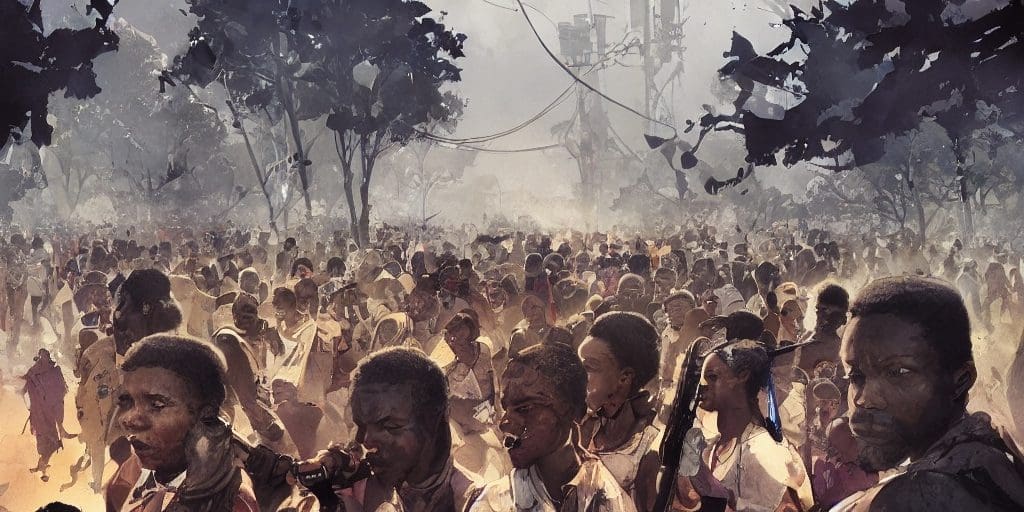
Protest as a Catalyst for Change
Protest has often served as a catalyst for social and political change, driving progress and challenging the status quo. Throughout history, countless movements have harnessed the power of protest to achieve their goals.
Civil Rights Movement: The American Civil Rights Movement of the 1950s and 1960s is a prime example of how protest can bring about profound societal change. Leaders like Martin Luther King Jr. and Rosa Parks organized peaceful demonstrations, boycotts, and marches to challenge racial segregation and discrimination. Their efforts culminated in the Civil Rights Act of 1964, which outlawed racial segregation and discrimination, and the Voting Rights Act of 1965, which removed barriers to voting for African Americans.
Anti-Apartheid Movement: In South Africa, the anti-apartheid movement, led by figures like Nelson Mandela, used protests, strikes, and international pressure to bring an end to apartheid – a system of racial segregation and discrimination. Mandela’s long imprisonment became a symbol of resistance, and eventually, apartheid was dismantled, leading to the establishment of a multi-racial democracy in South Africa.
Women’s Suffrage Movement: The struggle for women’s suffrage in the late 19th and early 20th centuries involved countless protests, demonstrations, and acts of civil disobedience. Women like Susan B. Anthony and Elizabeth Cady Stanton fought tirelessly for women’s right to vote. Their efforts culminated in the passage of the 19th Amendment to the United States Constitution in 1920, granting women the right to vote.
Arab Spring: In the early 2010s, the Arab Spring uprisings swept across several Middle Eastern and North African countries, including Tunisia, Egypt, and Libya. These movements, fuelled by protests and social media, aimed to topple oppressive regimes and demand political and economic reforms. While the outcomes varied from country to country, the Arab Spring demonstrated the power of protest in challenging autocratic rule.
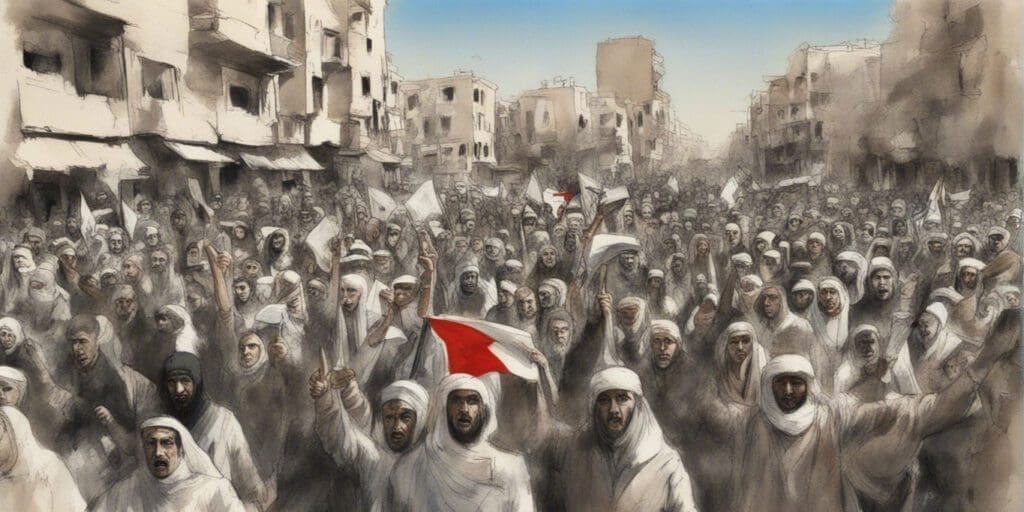
Impact on Society
Protests not only bring about legislative and policy changes but also have a profound impact on society. They raise awareness, create a sense of solidarity, and empower individuals to become active participants in their democracy.
Raising Awareness: Protests often serve as a platform to draw attention to pressing social issues. They bring marginalized or overlooked problems to the forefront of public discourse. For example, the Black Lives Matter protests that gained momentum in 2020 following the killing of George Floyd brought renewed attention to issues of racial injustice and police brutality.
Creating Solidarity: Protests can unite people from diverse backgrounds who share a common cause. They foster a sense of solidarity and collective action, transcending differences and inspiring individuals to work together for change.
Empowering Individuals: Participation in protests empowers individuals to engage in civic life. It encourages them to exercise their right to free speech and assembly, fostering a sense of agency and responsibility in shaping the direction of their society.
Holding Power Accountable: Protests act as a check on those in power. They remind governments and institutions that they are accountable to the people they serve. The fear of public backlash often compels leaders to address the concerns raised by protesters.
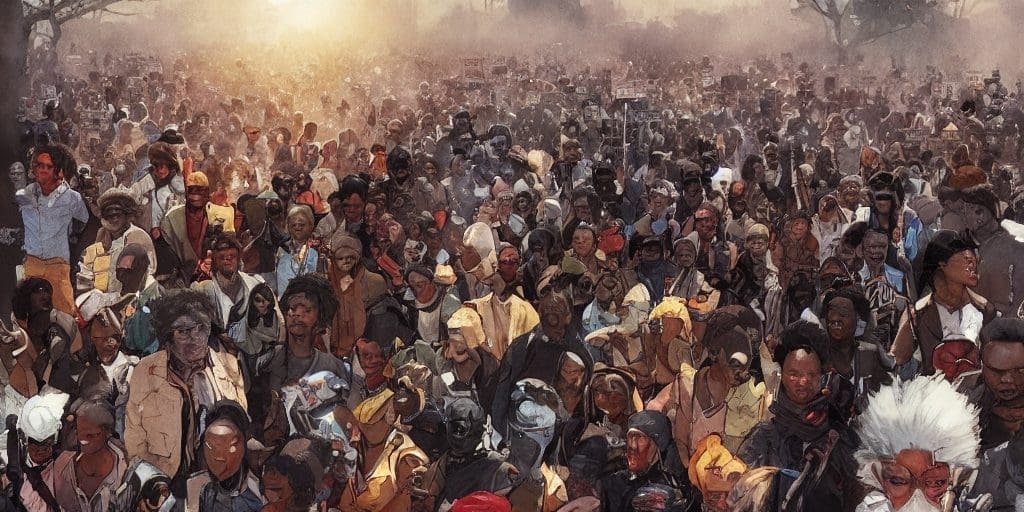
Modern Challenges and Opportunities
In the modern world, protest has evolved in response to technological advancements and changing social dynamics. Social media platforms have become powerful tools for organizing and amplifying protest movements. Hashtags, livestreams, and viral videos can quickly spread the message and garner support on a global scale.
However, modern protests also face new challenges. The digital age brings with it issues of disinformation and online manipulation. Governments and authorities may employ surveillance and censorship to suppress dissent. Despite these challenges, the essence of protest remains unchanged – it is a reflection of the collective will of the people, demanding change and justice.
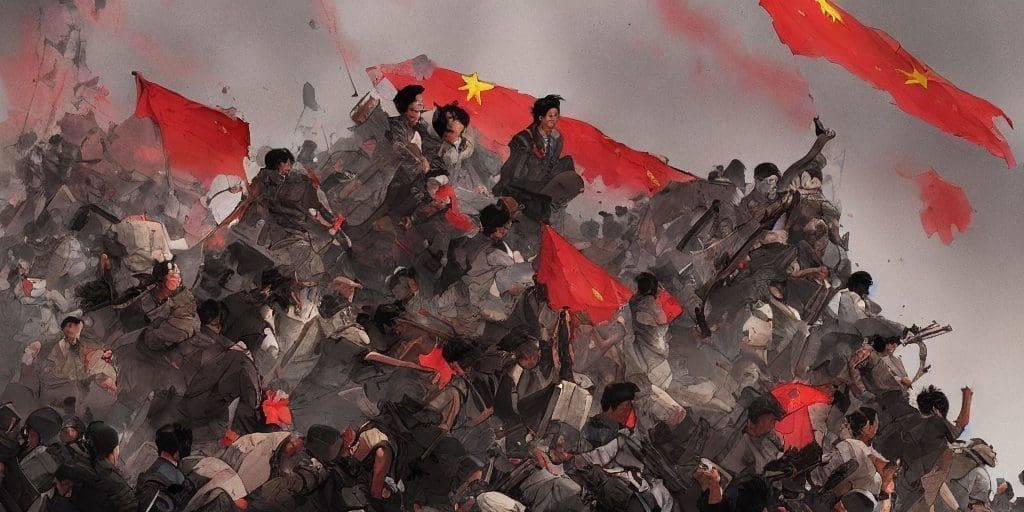
A Timeless and Essential Aspect of Democracy
Protest is a timeless and essential aspect of democracy. It serves as a public expression of objection, disapproval, or dissent, often directed towards political actions or ideas. Throughout history, protest has been a powerful catalyst for change, driving progress and challenging the status quo. It has led to significant legislative reforms, raised awareness of important issues, created a sense of solidarity among diverse groups, and empowered individuals to engage in their democracy actively.
In the modern world, protest has adapted to the digital age, using social media and technology to amplify its impact. While it faces new challenges, such as disinformation and online censorship, the fundamental role of protest in shaping societies and holding those in power accountable remains as crucial as ever.
As we reflect on the historical significance and ongoing relevance of protest, we must remember that it is a manifestation of the democratic principles upon which many nations are built. Protest is a reminder that the power of the people is the driving force behind positive change, and it will continue to be a vital instrument for those who seek justice, equality, and a better future for all.


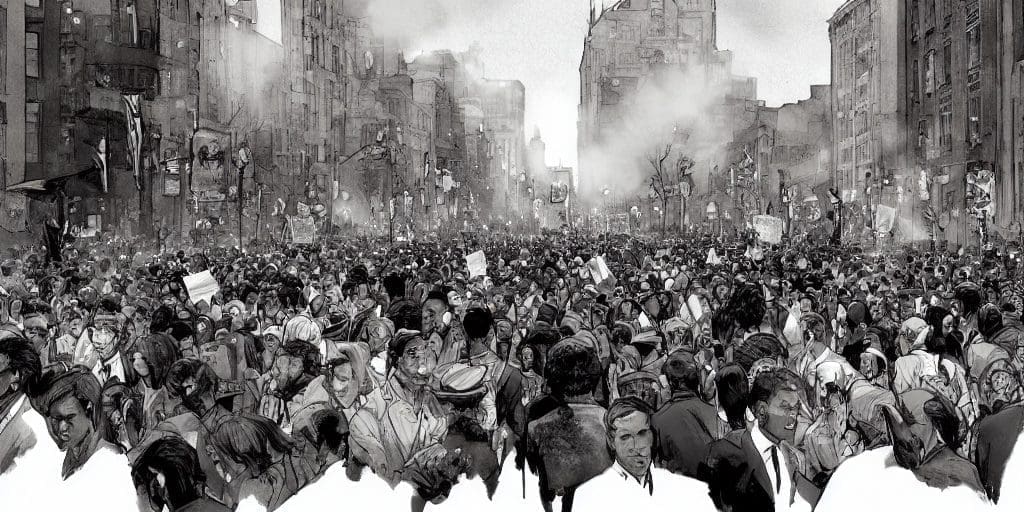
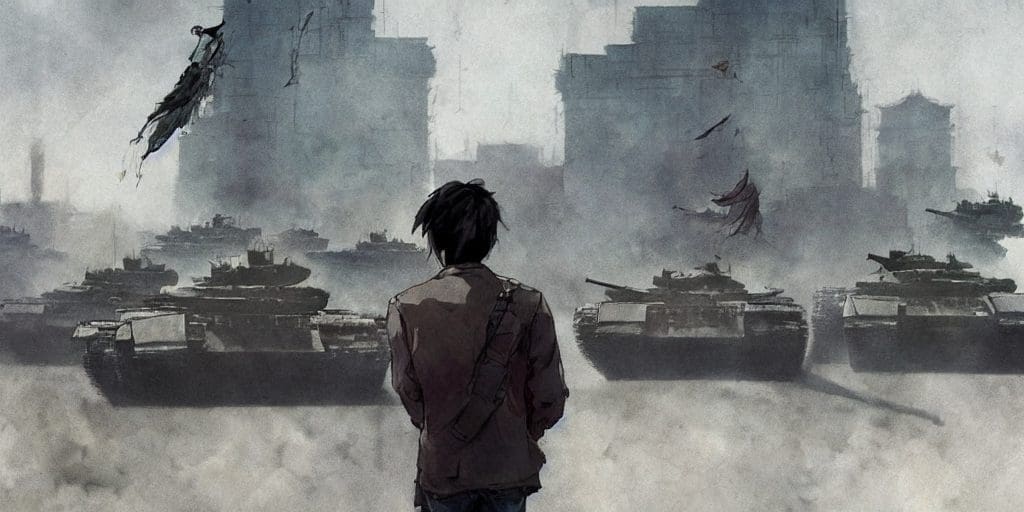


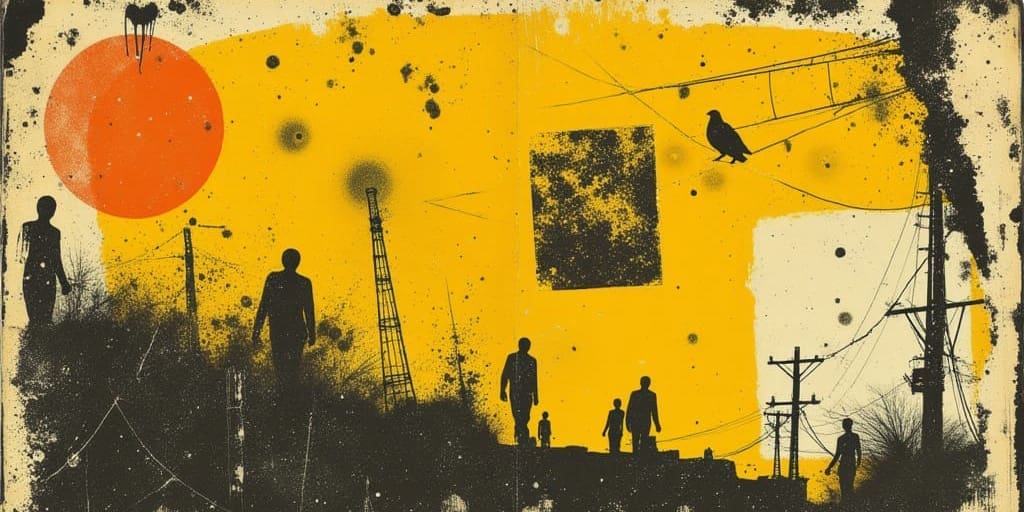


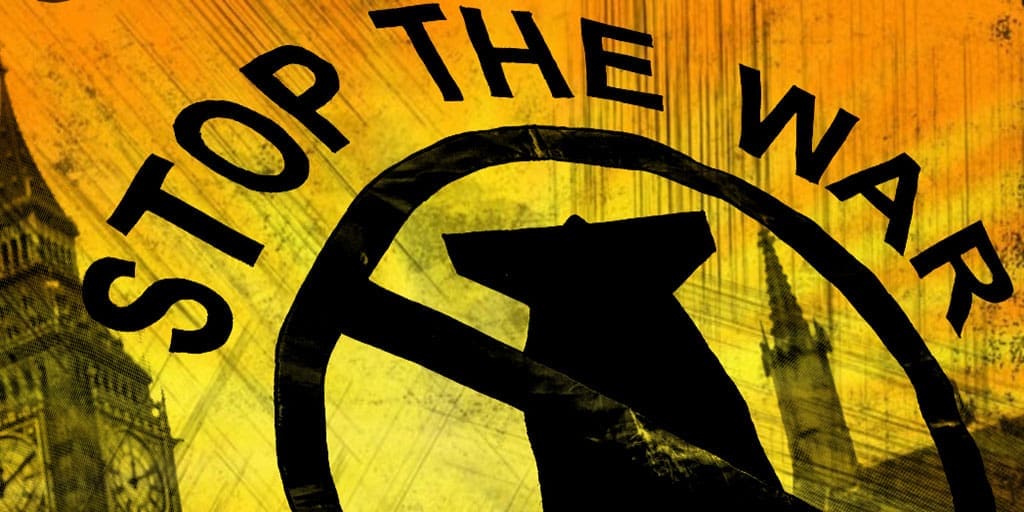


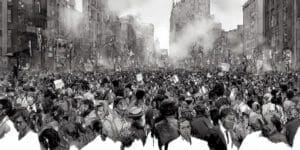



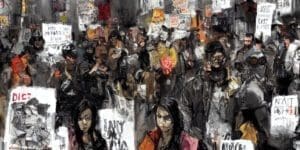
























Leave a Comment